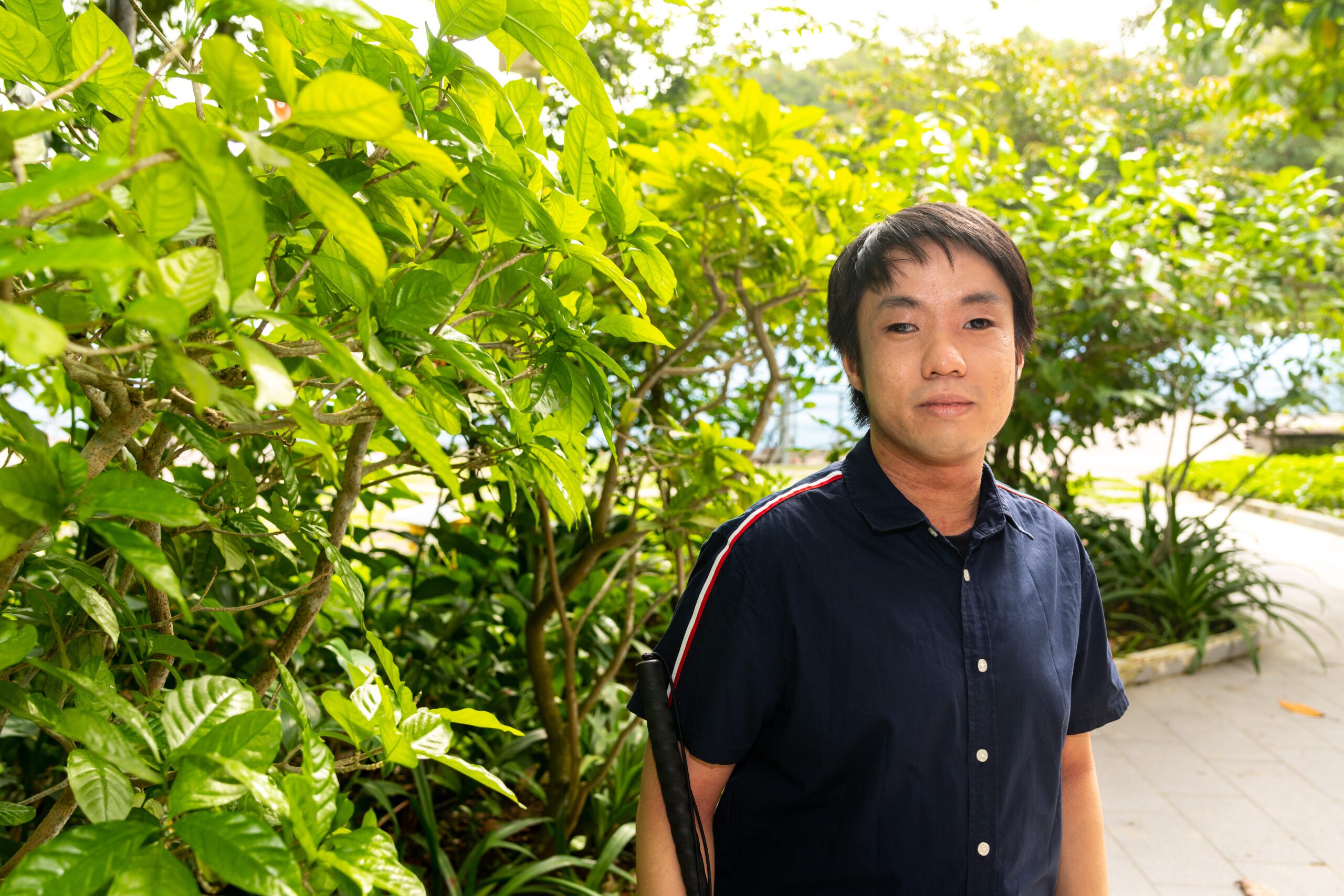Everything about us, without us
I once came across a tagline for an autism organisation’s campaign that read: ‘Look beyond the autism.’ It left me flummoxed. Autism has to do with the way my brain functions. If I look beyond my brain, wouldn’t that mean I’m brain dead? What is left of me? I’m not even there anymore! Would you ask people to look beyond a woman’s womanliness? Such a tagline, most likely dreamt up by neurotypicals, stems from the association of autism with something shameful. It should come as little surprise: so many times, autism has been erroneously (and insultingly) labelled as a disease in medical resources, documentaries and news reports.
In recent years, there has been a shift to be politically correct. Well-meaning disability euphemisms such as ‘handicapable’ and ‘differently abled’ have seeped into the vernacular. They place the emphasis on one’s capabilities. But what if I’m not capable? They in fact devalue disabled people: if I’m not capable of anything that society deems wonderful, then I am of no value. It places pressure on a disabled person to fulfil expectations that society has weaved. The same movement now states that it’s no longer right to say ‘autistic person’; it should be ‘person with autism’. But autistic is a part of my identity. Would you say ‘a person with Singaporean-ness’? You don’t say ‘a cancer person’, naturally, because it is an unwanted disease — what benefit does cancer give you? All this push to be politically correct, yet nobody has asked us, the very beneficiaries, just what is correct? Just what do we prefer? They simply do what they think is good for us. Of course, not all disabled people prefer the identify-first language. A simple ‘how would you like to be addressed’ would save you from being blindsided by a gush of vitriol later on.
What does need to be phased out are terms such as ‘high functioning’, ‘low functioning’, ‘Level One, Two and Three’ when describing autistics. While not malicious in nature, they are arbitrary. I was once invited to a forum to share about my lived experience. A senior-ranking medical professional in the panel kept slinging these labels. It’s what he learnt during his doctorate programme probably decades ago. While the audience may listen with rapt attention to his words, it only signals to me that this authoritative figure hasn’t bothered to update his knowledge or read the newer research studies in years.
I would be what you’d call a ‘high-functioning’ autistic. I’m in the upper echelon of ‘Level One’ (yea me!). On one hand, because I am autistic, to a stranger, I’m presumed to be incompetent. Yet on the other, because I’m ‘high functioning’, I’m held to the same standards as neurotypicals.
A business trip took Peter Sau, a veteran theatre director in Singapore who works with disabled artists, and me to the United Kingdom where we met fellow autistic artists. He planned everything, from accommodation to what we would eat. For this, people criticised him for being overly bossy. But what they didn’t know was that he handled the minutia, so that I could focus solely on my work as a researcher cum artist. I love food, but my enjoyment is contextualised. When on a work assignment, food is just sustenance to me: I don’t care if it’s noodles or burger. During this trip, Peter was my support system: being in a foreign land, being inundated with choices, I wouldn’t have been able to make a simple decision of a lunch spot! He was the advocate who, upon seeing that I was becoming increasingly flustered at the airport, marched straight to the guest service agent and told him I was about to have a sensory meltdown. I was promptly redirected to the fast lane for disabled people. Were I left to my own devices, I’d have just joined the queue and felt like I was verging on death.
And therein lies the problem with labels. The needs of ‘high-functioning’ autistics are largely overlooked. Because I’m a ‘Level One’ who appears to have it all together, I supposedly require only the barest support. I’m a PhD holder who was able to churn out a dissertation, a recipient of the Dean’s Award, so why am I unable to face the dishes in the sink? Now I get slapped with the label of ‘lazy’. I cannot use a public toilet, and so I’m ‘high maintenance’.



